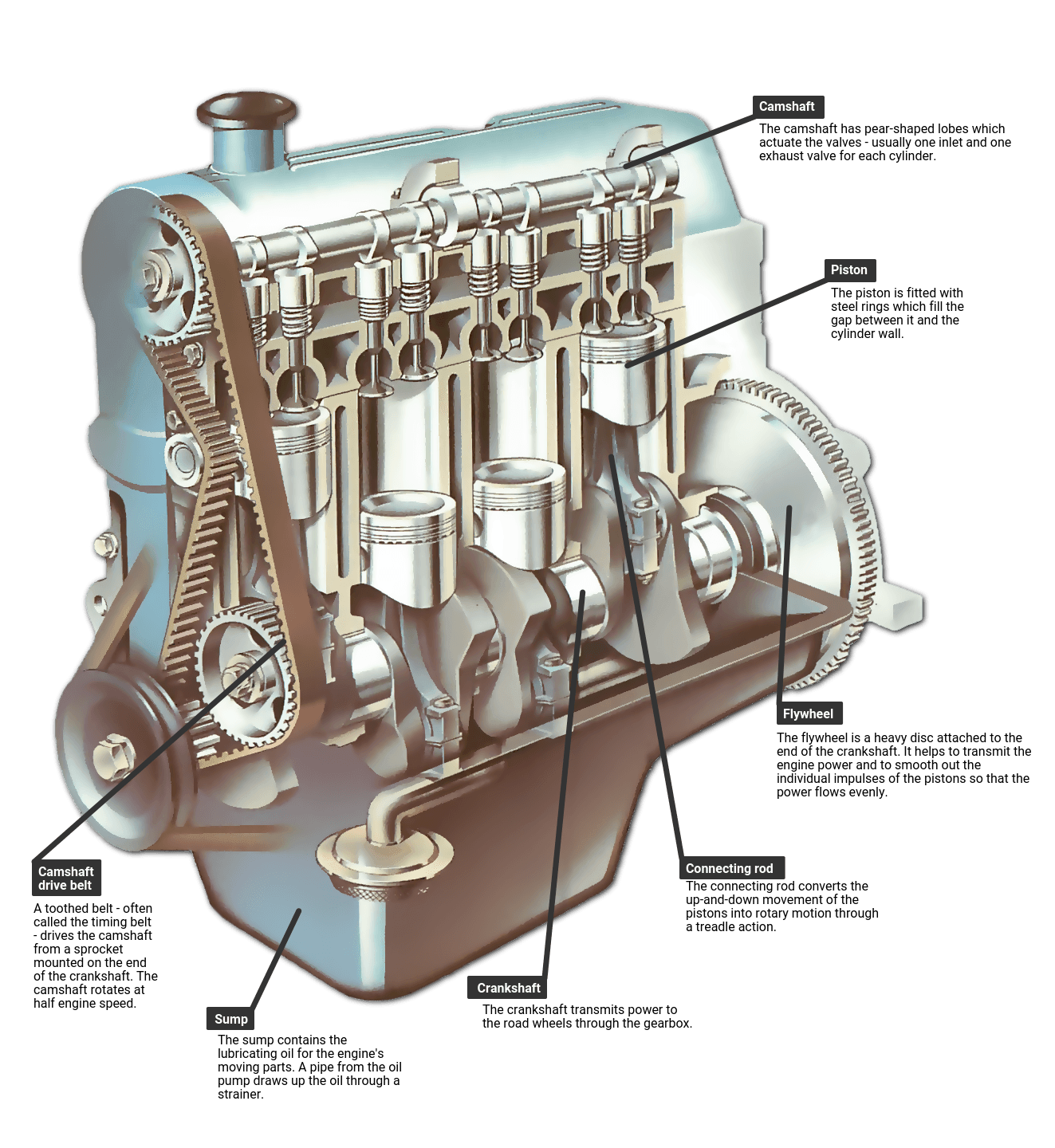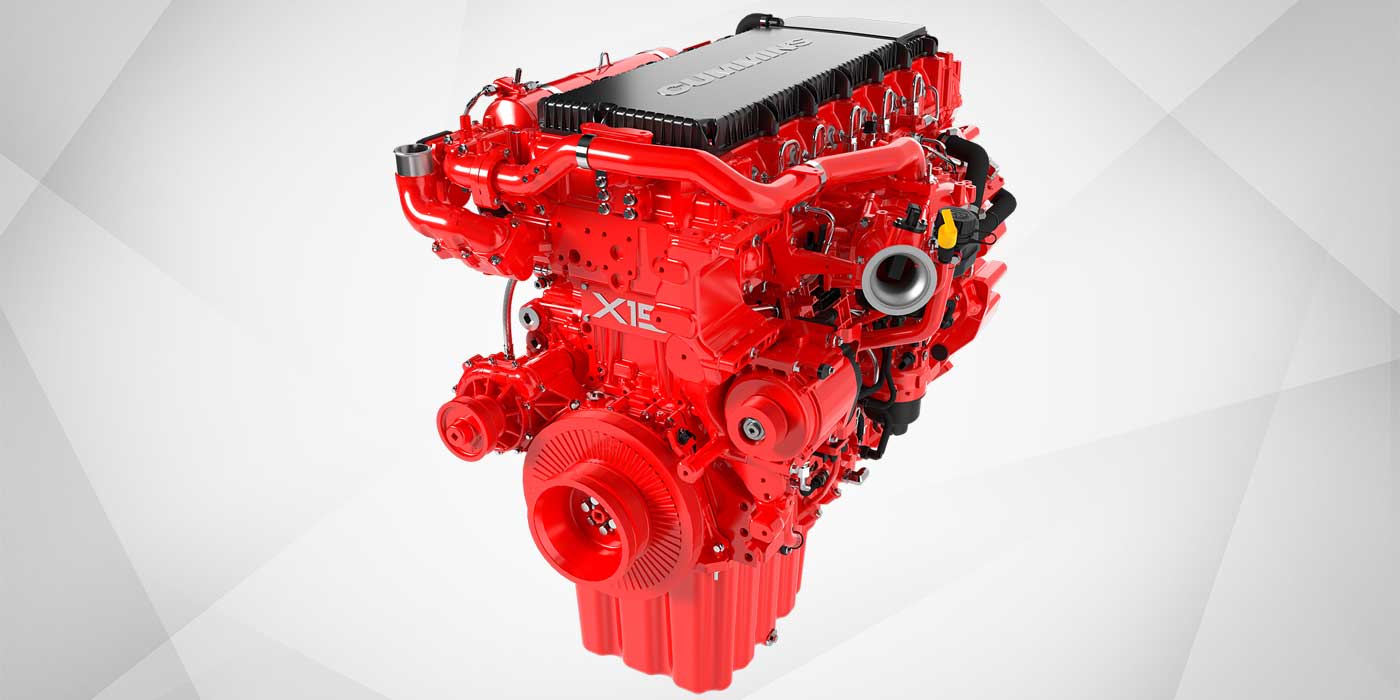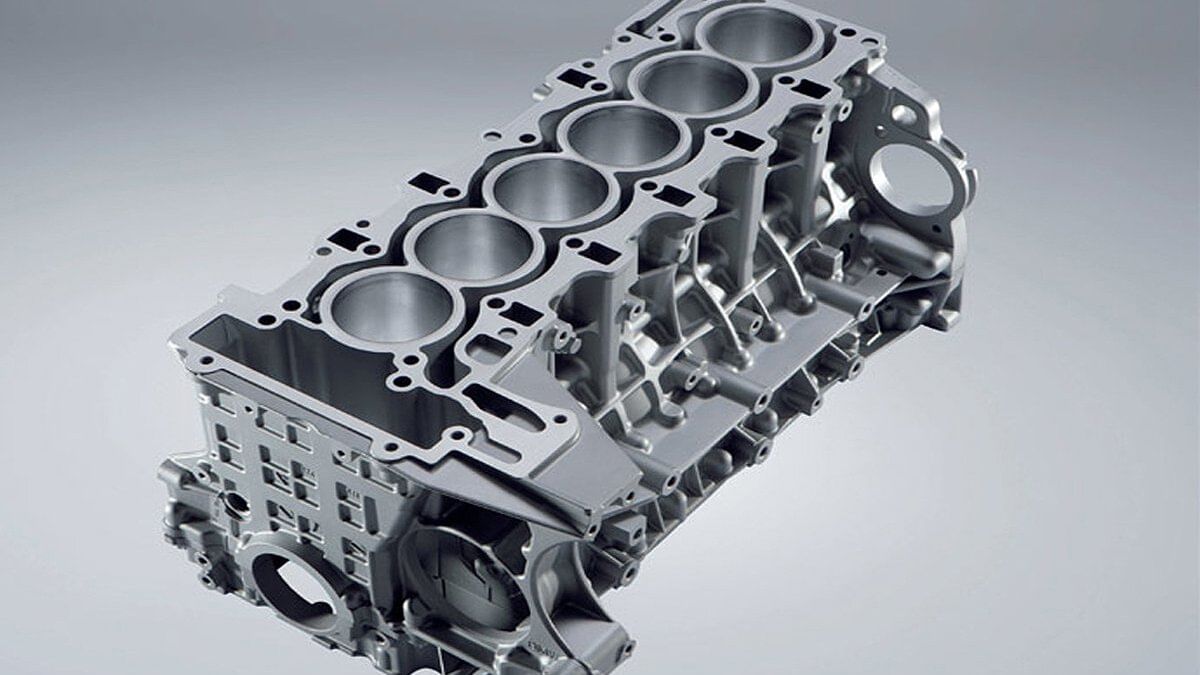Engines For Africa: Top Option for Automotive Lovers
Engines For Africa: Top Option for Automotive Lovers
Blog Article
Discover a Vast Array of Engines for every single Automobile and Objective
The automobile landscape is significantly complex, with a diverse selection of engine types developed to meet specific efficiency and performance demands throughout different lorry groups. From the high-performance engines that power sports cars to the fuel-efficient alternatives tailored for day-to-day travelling, the choices are huge and differed. Furthermore, heavy-duty engines offer the demands of job cars, while environment-friendly options are acquiring traction in the quest of sustainable transport. Comprehending these differences is crucial for making educated choices, particularly as emerging modern technologies remain to shape the future of auto engineering. What ramifications might these innovations hold for customers and manufacturers alike?
Sorts Of Automotive Engines
Automotive engines can be classified into several distinctive types, each designed to meet particular efficiency and effectiveness needs. One of the most usual groups include interior burning engines, electrical engines, and crossbreed systems.

Electric engines, on the other hand, run on electric power kept in batteries, providing immediate torque and absolutely no discharges. These engines are ending up being progressively preferred because of improvements in battery technology and the growing focus on sustainability.
Crossbreed systems integrate both interior combustion and electric engines, allowing vehicles to enhance gas performance and lower emissions by perfectly switching over in between source of power. Each engine type offers its benefits and disadvantages, affecting variables such as lorry design, planned use, and market need. Recognizing these differences is vital for customers and manufacturers alike when choosing the ideal engine for their particular requirements.
Performance Engines for Sports Cars
Efficiency engines for sports vehicles are specifically engineered to deliver enhanced power, speed, and agility, setting them aside from standard automobile engines. These engines commonly utilize sophisticated innovations such as turbocharging, supercharging, and variable valve timing to make the most of efficiency and responsiveness.
Usually, performance engines are made with higher compression proportions, which enable greater power extraction from fuel. This causes outstanding horse power and torque figures, allowing fast velocity and greater full throttle. In addition, the lightweight products utilized in these engines, such as light weight aluminum and carbon fiber, add to lowered overall car weight, enhancing handling and maneuverability.
Engine setups like V6, V8, and also hybrid systems prevail in efficiency cars, each offering distinct benefits in terms of power delivery and driving dynamics. The tuning of these engines is additionally important; numerous makers optimize the engine management systems to provide an electrifying driving experience, usually including sport settings that change throttle feedback and equipment changes.
Reliable Engines for Daily Commuters
In the realm of everyday commuting, effective engines play a critical function in enhancing gas economic climate and reducing exhausts while providing reliable performance. As urban populations expand and ecological issues magnify, the demand for automobiles outfitted with reliable powertrains has risen.
Modern engines developed for daily travelers typically include technologies such as turbocharging, straight fuel injection, and crossbreed systems. Turbocharging enhances engine performance by compeling more air into the combustion chamber, allowing for smaller, lighter engines that do not jeopardize power output. Straight fuel shot boosts fuel atomization, resulting in better combustion and increased performance.
Crossbreed engines, incorporating inner burning with electric power, additional boost fuel economy, especially in stop-and-go website traffic, where standard engines this content can struggle with inefficiencies. Electric motors assist during acceleration and can run individually at reduced rates, decreasing overall fuel consumption.
In addition, innovations in engine management systems and light-weight products contribute considerably to effective engine style. By concentrating on performance, longevity, and ecological sustainability, manufacturers remain to deliver additional reading engines that not only fulfill the needs of day-to-day travelling however additionally straighten with worldwide efforts to reduce carbon impacts.
Heavy-Duty Engines for Work Cars
Durable engines for job cars are routinely crafted to deliver outstanding torque and integrity under demanding problems. These engines are developed to do in settings where standard engines may falter, such as building and construction sites, logging operations, and farming setups. The primary focus of heavy-duty engines is their ability to generate high levels of power while keeping toughness over prolonged durations of operation.
Usually, heavy-duty engines use advanced materials and robust building and construction techniques to endure the roughness of heavy work. Attributes such as strengthened cylinder blocks, enhanced air conditioning systems, and advanced fuel injection innovations add to their effectiveness. These engines typically run at reduced RPMs, which aids to maximize gas efficiency while supplying the essential power for hauling and towing.
Along with mechanical effectiveness, heavy-duty engines are typically outfitted with innovative electronic control devices (ECUs) that manage efficiency, emissions, and diagnostics. This assimilation enables far better surveillance and maintenance, ensuring that job lorries continue to click to read more be operational and efficient.
Ultimately, sturdy engines are a necessary element in the efficiency of various markets, supplying the needed power and reliability to take on the most difficult of tasks.
Eco-Friendly Engine Options
The expanding focus on sustainability has actually caused the advancement of eco-friendly engine options that focus on lowered emissions and improved fuel efficiency. These engines are designed to lessen the environmental impact of lorries while still providing the efficiency and dependability anticipated by customers.
Amongst the most significant green choices are hybrid and electric engines. Hybrid engines combine traditional inner combustion engines with electric propulsion, permitting for reduced gas intake and reduced greenhouse gas emissions. Electric engines, on the other hand, operate completely on battery power, creating no tailpipe exhausts and adding to cleaner air quality.
One more promising advancement is the improvement of biofuel engines, which utilize renewable energies, such as plant products, to power lorries (Engines For Africa). By utilizing biofuels, these engines can decrease dependency on nonrenewable fuel sources and reduced total carbon impacts

As the automobile industry evolves, environmentally friendly engine alternatives will certainly play an important function in driving the shift in the direction of more lasting transport options.
Verdict
From high-performance engines that enhance sporting activities vehicle capacities to reliable models prioritizing gas economic situation for daily commuters, each type offers a specific feature. Sturdy engines cater to robust job automobiles, while green alternatives, such as electrical and biofuel engines, advertise sustainable transportation.

Report this page